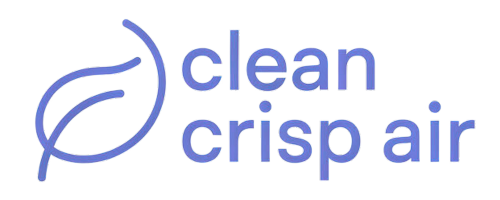Diseases caused by dog urine and feces

Dog feces are common carriers of many diseases. According to the EPA, one gram of dog waste can have up to 23 million fecal coliform bacteria. The bacteria can cause many health issues, including cramps, intestinal illness, diarrhea, and kidney disorders.
Although it is rare for a human being to catch an illness from a puppy, several diseases can spread from the animal to a person.

List of diseases passed on to humans from dog urine and feces
The common diseases caused by dog urine and feces include:
-
Leptospirosis
Leptospirosis is a disease that is transmitted by the bacterium Leptospira. The spiral-shaped bacterium can infect both people and animals. It is one of the many diseases transmitted from dogs to humans. Although cases of humans contracting leptospirosis are rare.
Your dog can become infected with Leptospirosis if it drinks contaminated water or through contact with a wild animal like a squirrel or raccoon. You can get the disease if you have direct or indirect contact with your infected dog’s urine.
To prevent infection, you should wash your hands after handling your dog or anything that has your dog’s urine. Do not allow kids to handle dog waste as dog urine is harmful to babies. Moreover, consider vaccinating your pet against leptospirosis. However, the vaccine is not 100% effective at protecting a dog against the disease.
-
Roundworms
Roundworms are common parasitic worms found in dogs. Any dog can become infected at some point, especially as a puppy. Puppies can contract roundworms in various ways and that makes the disease easy to spread and difficult to control.
Roundworms pose serious risks to humans. Ingestion and infection in humans can occur when you come into contact with feces or contaminated soil. The eggs from a roundworm tend to accumulate in large numbers in the soil where a dog deposits its waste. An infection can cause neurologic problems.
You can prevent this disease by de-worming your pet regularly. Also, do not allow your child to play in areas where a puppy passes its waste. Always wear gloves before coming into direct contact with soil that has been contaminated by dog pee and feces. A rule of thumb is to wash your hands immediately after handling the waste.
-
Hookworms
Hookworms tend to suck blood from the intestinal lining in puppies. That can cause severe blood loss that can potentially be life-threatening. Pet feces have eggs that can transfer to the human skin. As one of the many infections from dogs, you can get hookworms when you step on your dog’s droppings barefoot or handle it without gloves.
Infection can result in itching sensations at the point of entry to the skin. Your skin will also have visible tracks. While it is possible to treat the condition, it can cause discomfort if you are affected. You can prevent this by keeping your surroundings clean. Also, ensure your puppy does not visit contaminated areas.
Is breathing dog poop dangerous?
Dog poop contains many pathogens that can cause acute gastrointestinal symptoms. Breathing it can cause symptoms like nausea and vomiting. However, there are no known adverse health effects of breathing your pet’s poop.
Is dog urine a health hazard?
Dog urine is a health hazard because of the ammonia it contains. Ammonia is an irritant to the human lungs. Inhaling large amounts of the urine can cause immediate burning of your throat, nose, and respiratory tract. You will feel lightheaded and faint as you will have exposed yourself to large quantities of ammonia.
Stay healthy
Diseases caused by dog urine and feces are known as zoonotic diseases. Dogs are a reservoir for them and can transmit bacterial and viral infections to humans. To prevent this, always wear gloves when handling poop or urine and ensure to wash your hands. You should also find urine stains and clean them from floors or fabric using the best enzymatic cleaner for dog urine. If you have kids at home, consider getting an air purifier for pet odor to remove these harmful elements from the air and protect your loved ones from associated illnesses.
